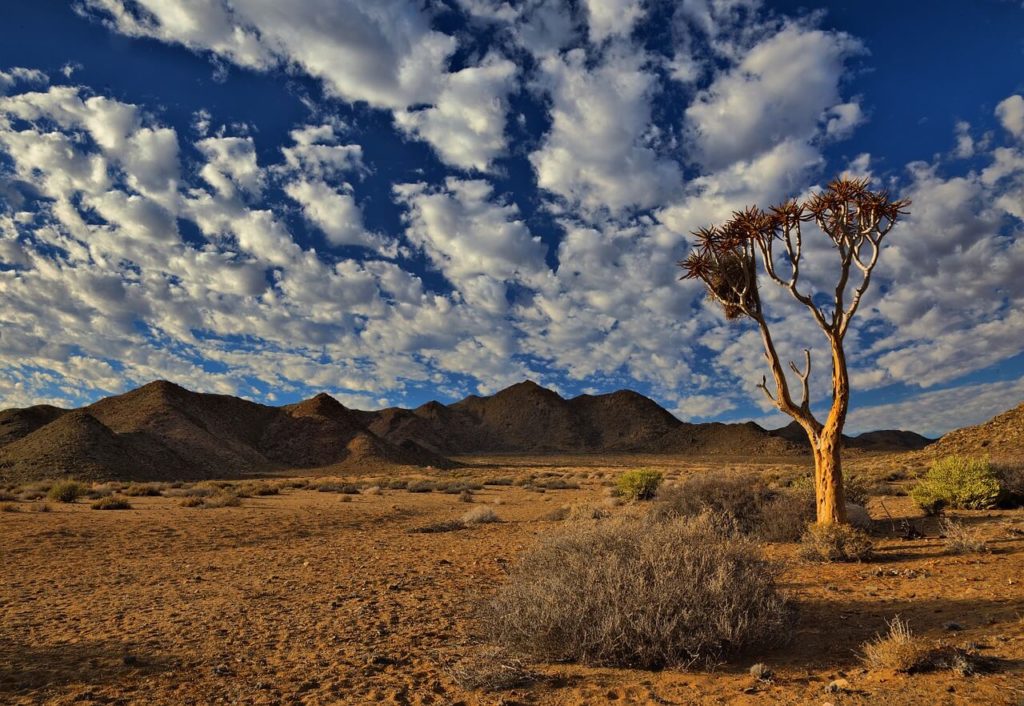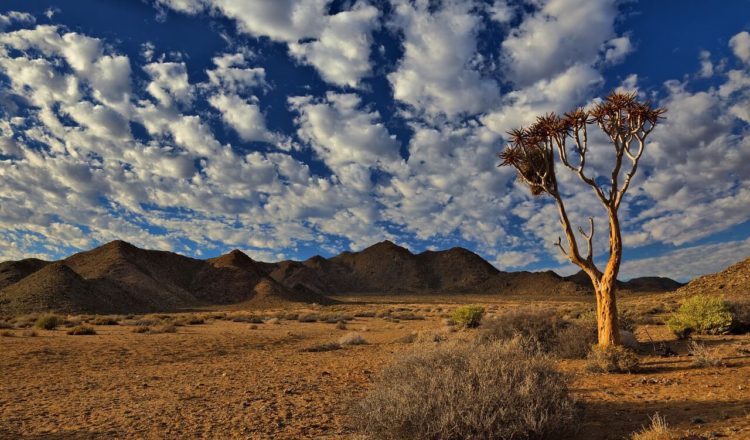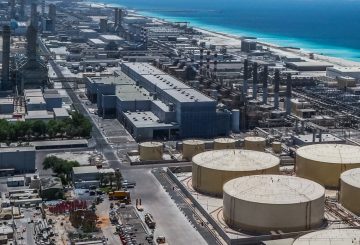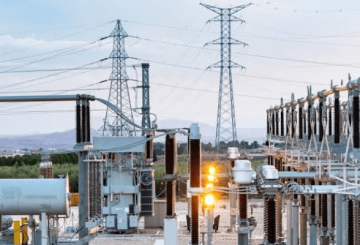
A new report released at the World Economic Forum in Davos reveals that it will cost at least $250bn over the next 30 years to make South Africa’s economy less reliant on coal and more green.
The document, which came out on Thursday, was made by professors at South Africa’s Stellenbosch University and the Blended Finance Taskforce. The Blended Finance Taskforce is a group that was set up in 2017 to help get large amounts of private capital to help end poverty in line with the Sustainable Development Goals of the United Nations.
It said that about half of the total investment, or $125 billion, will be needed to speed upwind and solar power projects. This is because most of the country’s energy needs are met by coal-fired plants, which are being shut down.
“South Africa will have to spend at least $250 billion over the next 30 years to move to a low-carbon, more fair energy system under an ambitious decarbonization scenario [no coal after 2040],” the report said.
The Global Carbon Atlas, a project that keeps track of countries’ emissions data, says that South Africa is the largest emitter of climate-warming gases in Africa and the 13th largest in the world.
In November, Britain, France, Germany, the United States, and the European Union agreed to give South Africa an $8.5bn package to help it switch to a low-carbon economy. However, exact details and timelines are still being talked about.
The money will be used to build up renewable projects and infrastructure, as well as gas plants and new transmission lines.
It will also make sure that tens of thousands of coal workers whose jobs are at risk will get new skills. This is a tough issue for both the government and the labor unions.
The official unemployment rate in South Africa is 35.3%, which is a record high. Energy Minister Gwede Mantashe has said that replacing coal-fired plants too quickly would be “economic suicide.”
“Aligning the right type of capital with the right investments and costs is key to meeting South Africa’s just energy transition goals,” the report said. It also said that the definition of “just” should go beyond workers to include the problems of communities in coal-dependent areas.
It comes out at a time when South Africa is having rolling power outages all over the country because its coal-fired power plants can’t make enough electricity to meet demand.
- Tags: Climate, Environment, Green Energy, South Africa





